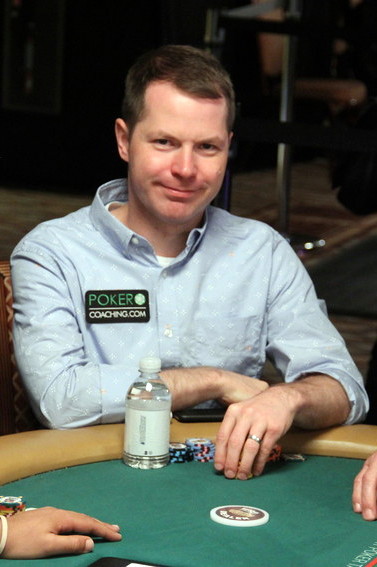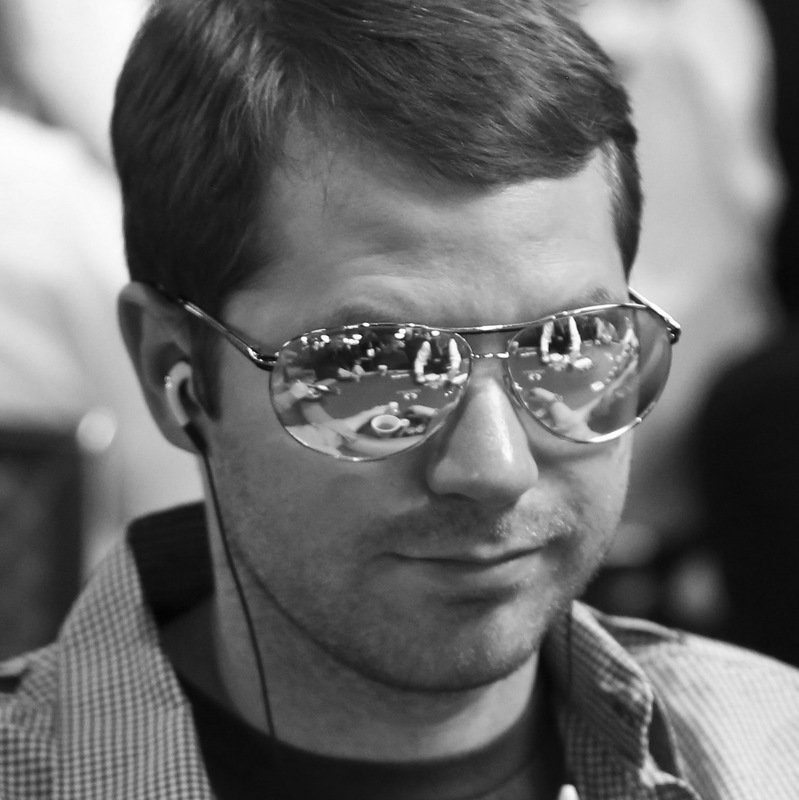






Poker Strategy With Jonathan Little: Stop Focusing On Your Bust-Out HandsLittle Explains Why The Most Crucial Hands Often Go Overlooked |
|
|
Card Player Magazine, available in print and online, covers poker strategy, poker news, online and casino poker, and poker legislation. Sign up today for a digital subscription to access more than 800 magazine issues and get 26 new issues per year!

Jonathan Little
When a player eventually decides to review his losses, he usually only focuses on his actual bust out hands. In reality, he should spend a decent amount of time figuring out how he put himself in the position to lose his stack.
I receive a ton of emails each month that say something to the effect of, “I had 15 big blinds in a tournament and had A-K. Someone raised, I went all-in, I was called by 5-5 and I lost. What did I do wrong?”
The most crucial hands are usually not the ones you go broke with. They should instead be focusing on how they got so shallow stacked in the first place. Most of the time, it is due to playing too tight.
You will find that everyone who makes a deep run in a poker tournament gets lucky sometimes and unlucky at other times. Since you know you will eventually get unlucky, it is important that you maintain a large chip stack so that you are not out of the tournament when you inevitably get unlucky. You win tournaments by slowly chipping up, not by blinding off, hoping to be dealt A-A.
This is the main reason why loose, aggressive players tend to do better in poker tournaments than tight, passive players. If you usually get your stack in with roughly 60 percent equity but constantly blind off while waiting for a premium hand, you will eventually lose an all-in and be broke because you failed to maintain your stack by winning small pots. If instead, you get your money in with roughly 50 percent equity, but make a point to frequently steal the blinds, antes and small pots, when you get all-in and lose, you will still have some chips remaining in your stack, allowing you to stay in the tournament and continue grinding up your stack.
An easy way to not get blinded down is to simply raise with a wide range of hands from late position when everyone folds to you. Hands such as K-4 and 6-4 suited are perfectly viable to raise. Remember, you don’t have to get all-in every time you play a hand. You are allowed to play small pots where you win or lose a small portion of your stack. Many beginning players assume that once they put some chips in the pot that they have to be willing to risk it all, but that is far from the truth.
If you find that you are frequently blinding off in a tournament due to waiting for premium hands that don’t seem to come often enough, you are likely to fail in the long run without some tremendous luck. Instead, make your own luck by getting in there and battling. Remember, it’s a poker tournament, so most of the time, you are going to lose anyway. You might as well give yourself the best chance to win when the cards do decide to go your way. ♠

Jonathan Little
